Learn
Refresh your knowledge of the essentials with these foundation articles.
Refresh your knowledge of the essentials with these foundation articles.

These learn articles will help you establish or refresh your knowledge on the basics of bladder care.
key:global.content-type: Article
Learn more about what cauda equina syndrome is, its effects on bladder and bowel, and how to manage bladder and bowel symptoms in cauda equina.
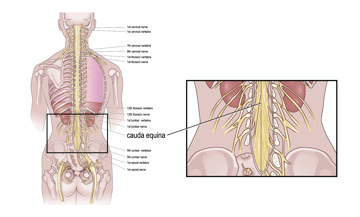
key:global.content-type: Article
In this article you will get the perspective from an individual with a SCI on the management of his bladder and bowel after the injury.

key:global.content-type: Article
Prolapse means "to fall out of place". Pelvic organ prolapse (POP) occurs when the vaginal walls, uterus, or both lose their normal support and fall out of place. Other nearby pelvic organs, such as the bladder or bowel, may be involved and also ‘drop’ from their normal position in the body. Cystocele is the most common type of POP.
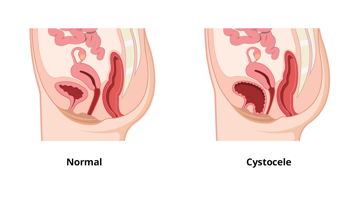
key:global.content-type: Article
Pelvic floor dysfunction (PFD) refers to a broad constellation of symptoms and anatomical changes related to abnormal function of the structures within the pelvic floor complex, which includes the supportive fibrous tissue called fascia, the blood and nerve supply and in particular the pelvic floor musculature.
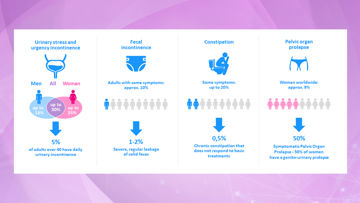
key:global.content-type: Article
Pelvic floor dysfunction is common, but not commonly talked about. In this article, you will find an explanation about basic pelvic floor anatomy, description of symptoms and how these can be managed, which can be downloaded and handed out to your patients.
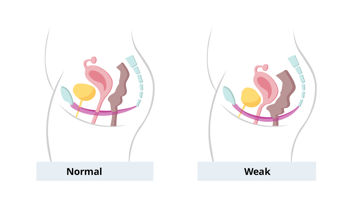
key:global.content-type: Article
The Urinary System is responsible for the eliminating of waste and extra fluid in the body, by making and excreting urine.
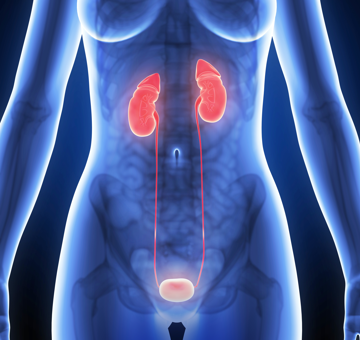
key:global.content-type: Article
The urinary system is responsible for the eliminating of waste and extra fluid in the body, by making and excreting urine.
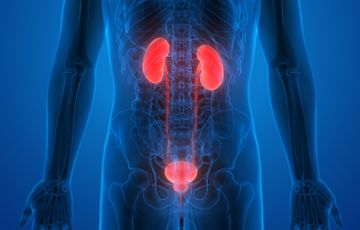
key:global.content-type: Article
Discover how the LoFric product range can help provide a solution, no matter how different patient needs are, for easy and safe intermittent catheterisation.

key:global.content-type: Article
Urinary retention is the inability to empty the bladder of urine, leaving behind a volume of urine which can lead to complications. It is important to realize that some people can still pass some urine but still be in retention as the volume left in the bladder is too high.
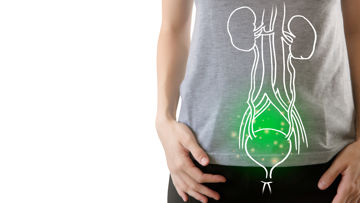
key:global.content-type: Article
Intermittent catheterisation requires a high level of patient commitment and some people may stop the therapy, particularly if under stress and if they have other illness to deal with. Patients need to be well motivated and require an appropriate level of manual dexterity.
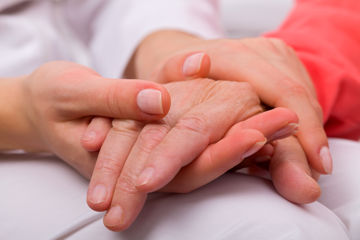
key:global.content-type: Article
The majority of individuals with spinal cord injury experience significant symptoms related to neurogenic bowel dysfunction, e.g. 42% experience constipation and as many as 77% experience faecal incontinence.

key:global.content-type: Article
Multiple sclerosis (MS) is a neurological condition that affects the nerves in the brain and spinal cord (the central nervous system). Not all people with MS will experience the same symptoms.
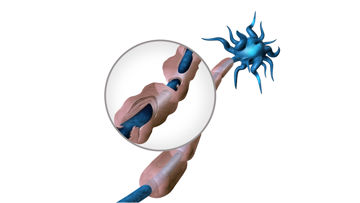
key:global.content-type: Article
Neurogenic bladder dysfunction is a disorder of the lower urinary tract created by damage to, or diseases of the nervous system.
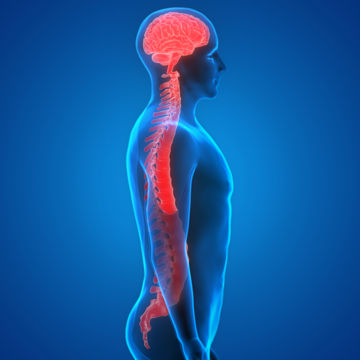
key:global.content-type: Article
Overflow incontinence is the involuntary loss of urine when the bladder is unable to empty properly due to a bladder outflow obstruction (BOO) or an underactive detrusor muscle (UAB). These symptoms are often described as lower urinary tract symptoms (LUTS).
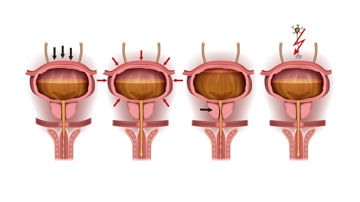
key:global.content-type: Article
Urinary tract infections (UTI) occur when bacteria have a chance to multiply and attach to the mucous membrane of the bladder. The medical term is cystitis. When a urinary tract infection affects the upper urinary tract, kidneys and/or the kidney pelvic, the infection is usually referred to as pyelonephritis.
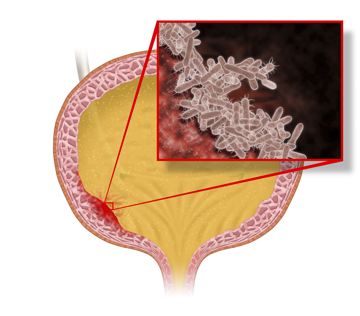
key:global.content-type: Article
The bladder is a hollow muscular organ in the pelvis, just above and behind the pubic bone. The bladder has two main functions which are the storage and emptying of urine.
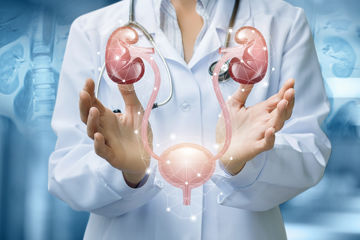
key:global.content-type: Article
Illness, ageing or injury, can lead to loss of bladder control by impacting the bladder’s ability to store and empty urine.
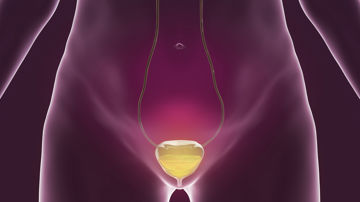
key:global.content-type: Article
Catheterisation is perhaps one of the oldest urological procedures, dating back thousands of years ago. Using a urinary catheter is necessary when there is urine left in the bladder that cannot be emptied through normal voiding.

key:global.content-type: Article
The urinary system is responsible for the eliminating of waste and extra fluid in the body, by making and excreting urine.
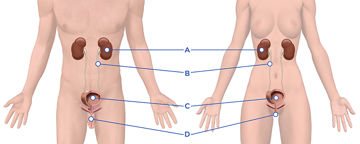
These learn articles will help you establish or refresh your knowledge on the basics of bowel care.
key:global.content-type: Article
Learn more about what cauda equina syndrome is, its effects on bladder and bowel, and how to manage bladder and bowel symptoms in cauda equina.

key:global.content-type: Article
In this article you will get the perspective from an individual with a SCI on the management of his bladder and bowel after the injury.

key:global.content-type: Article
Pelvic floor dysfunction (PFD) refers to a broad constellation of symptoms and anatomical changes related to abnormal function of the structures within the pelvic floor complex, which includes the supportive fibrous tissue called fascia, the blood and nerve supply and in particular the pelvic floor musculature.

key:global.content-type: Article
Pelvic floor dysfunction is common, but not commonly talked about. In this article, you will find an explanation about basic pelvic floor anatomy, description of symptoms and how these can be managed, which can be downloaded and handed out to your patients.

key:global.content-type: Article
A rectocele is a bulge in the anterior or posterior rectal wall, that traps stool resulting in incomplete emptying. In this article you will learn more about this common condition.
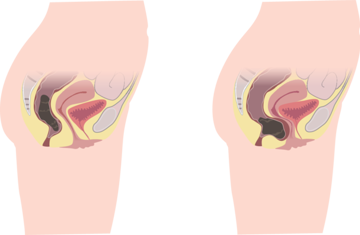
key:global.content-type: Webinar
Safety is always important and that includes insight on what may happen when you perform transanal irrigation (TAI). Bowel perforation is a severe but rare risk with TAI that is important to be aware of. Autonomic dysreflexia (AD) is a ...

key:global.content-type: Article
The descending colon and the rectum are the final stage of the human intestine system. Normally the rectum is relatively empty. Stools do not enter the rectum continuously, but as mass movements.
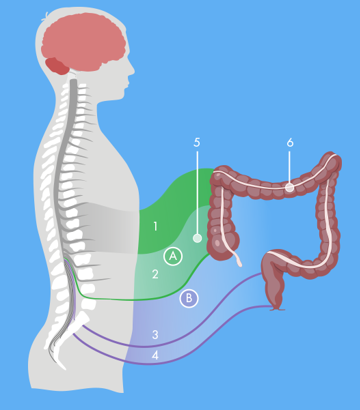
key:global.content-type: Article
In this article you will learn about the bowel, with a summary of the function of the digestive system, the organs involved and its neurological control.

key:global.content-type: Article
There are different solutions for constipation, faecal incontinence depending on individual needs and severity of symptoms.

key:global.content-type: Article
Careful patient selection, supervised training and follow up are considered essential factors to achieve optimal results and long-term adherence to TAI.

key:global.content-type: Article
Transanal irrigation, shortened to TAI, may also be called retrograde, rectal or anal irrigation, which all refers to a minimally invasive technique to empty the bowel.

key:global.content-type: Article
Multiple sclerosis (MS) is a lifelong neurological condition that affects the nerves in the brain and spinal cord, the central nervous system. Not all people will experience the same symptoms.
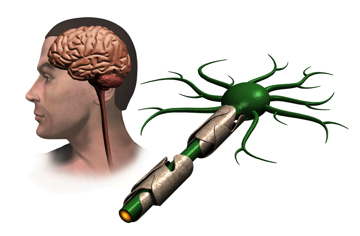
key:global.content-type: Article
Low Anterior Resection is a surgery to remove cancer of the rectum. The part of rectum containing the tumor is removed and the remaining part of the rectum is reconnected to the colon.
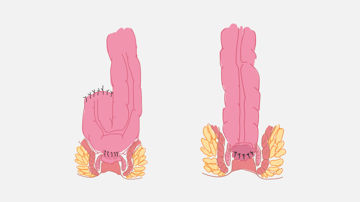
key:global.content-type: Article
Faecal incontinence (FI) is the symptom ranked as the most bothersome for patients. FI is also the most under reported bowel condition due to the taboo nature and embarrassment associated with it.
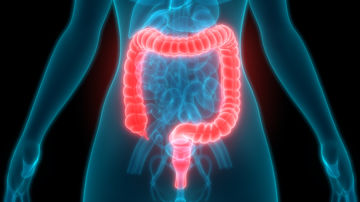
key:global.content-type: Article
Constipation is one of the most common bowel symptoms and can be divided by the cause of the symptoms into primary and secondary constipation.
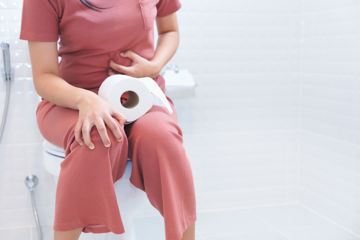
key:global.content-type: Article
In order to determine the correct treatment pathway, it is essential to undertake a detailed assessment. Components must include an assessment of the persons general health ...

key:global.content-type: Article
Bowel dysfunction is a condition that can have many different causes. There could be a neurological disease affecting the spine/brain pathways which affects the bowel control, or an ...
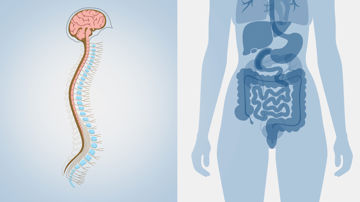
key:global.content-type: Article
The majority of individuals with spinal cord injury experience significant symptoms related to neurogenic bowel dysfunction, e.g. 42% experience constipation and as many as 77% experience faecal incontinence.

key:global.content-type: Article
Parkinson’s disease (PD) is a progressive neurological condition. PD develops when cells in a part of the brain, substantia nigra, stop working properly and are lost over time.
